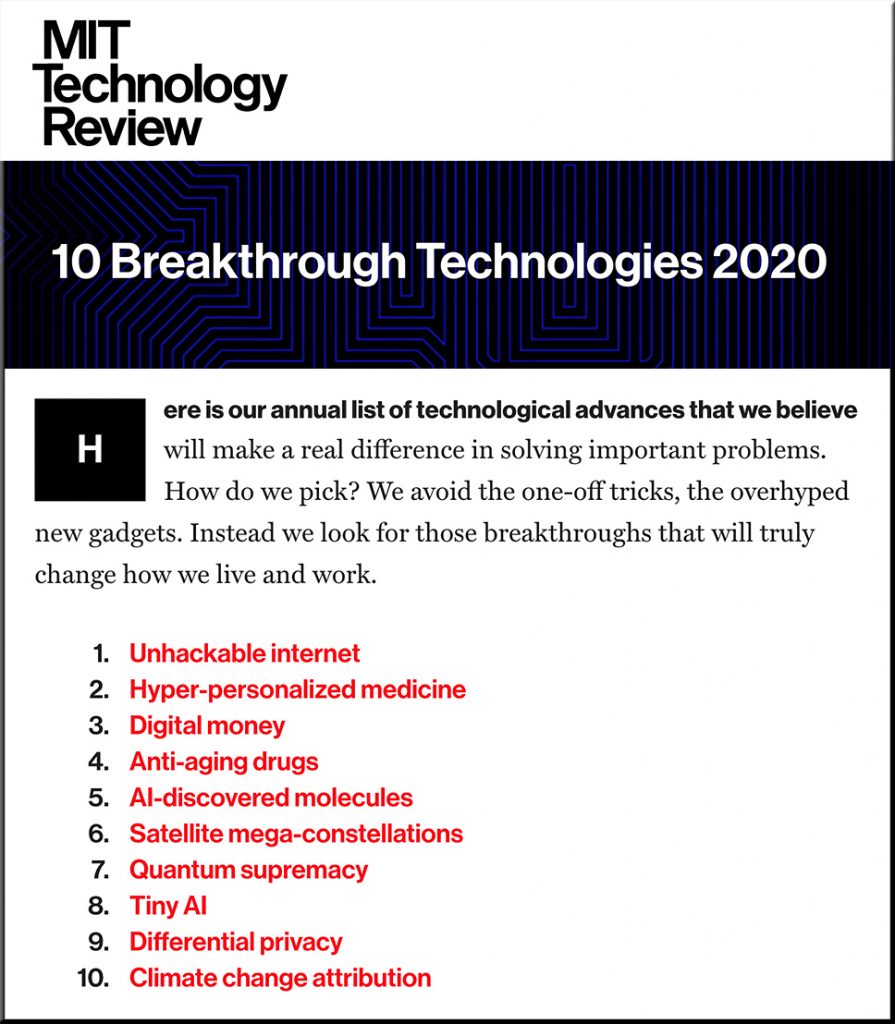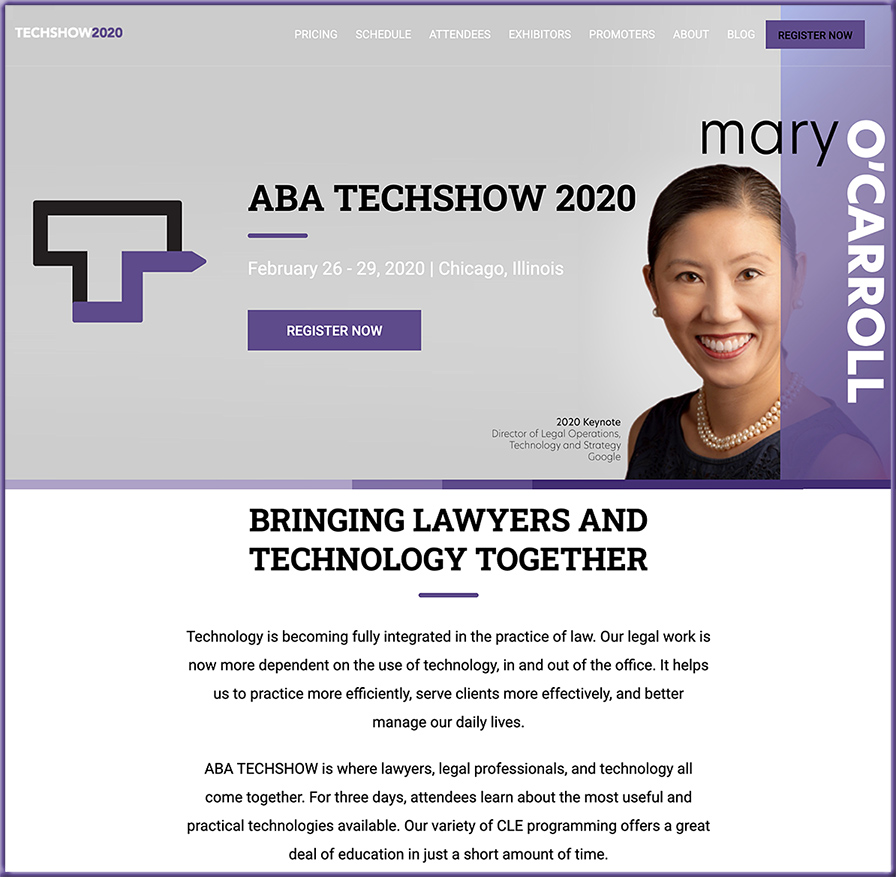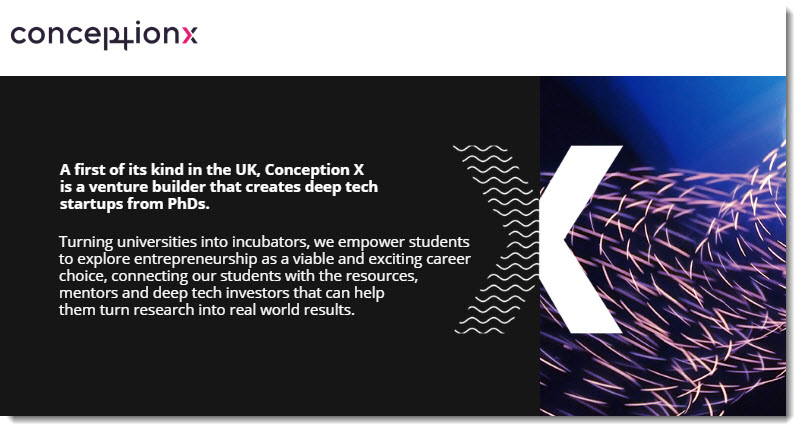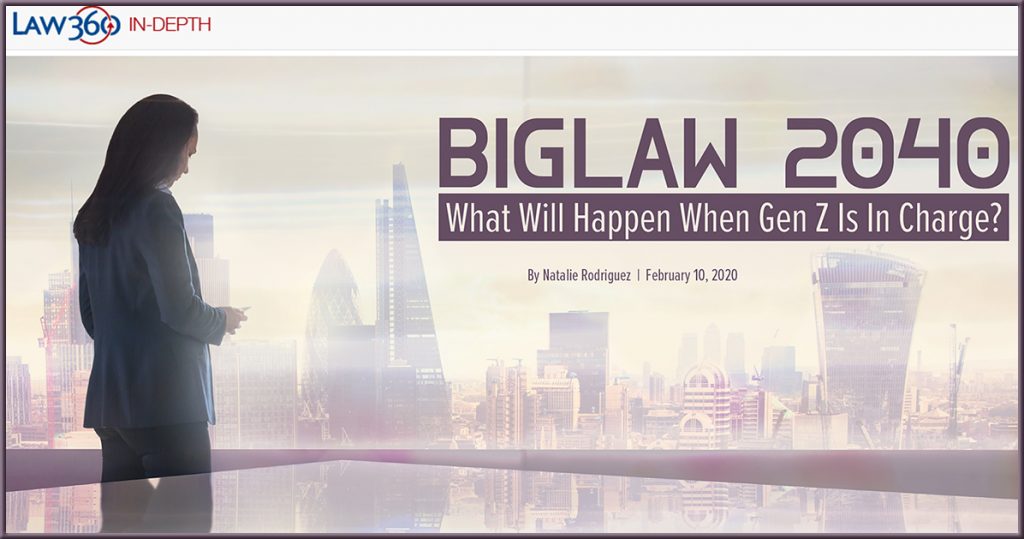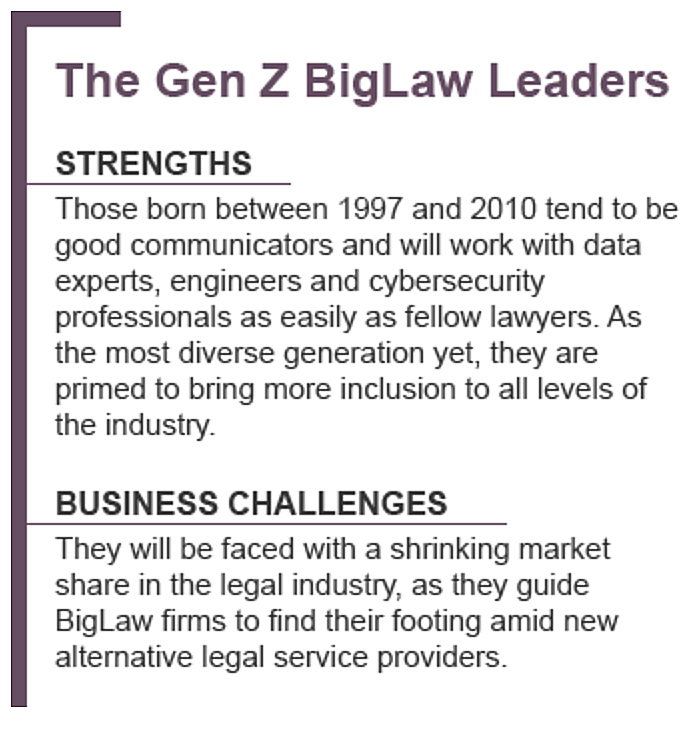It is high time to reform the rules that govern the practice of law — from legalservicestoday.com by Ralph Baxter
Excerpt:
Current regulations create a closed system
The current regulatory model has created a closed legal services system. It limits who can participate in legal services in two fundamental ways.
First, only those who undergo the time and expense of law school and become licensed as “lawyers” are permitted to deliver legal services. It is a crime for anyone to do work that falls within the deliberately vague definition of “the practice of law” unless they have a lawyer license.
Second, only lawyers are permitted to participate in the financial rewards of a law firm. Investment by others is forbidden, as is sharing profits within a law firm with personnel who are not lawyers.
The consequences of these limitations are clear and profound. The first limitation causes the cost of legal service to be much higher than it otherwise would be; it also causes the law firm workforce to have less diverse backgrounds (as other businesses have) resulting in less creativity and agility.
The second limitation limits the capital law firms can raise, which, in turn, makes it harder for them to invest in new processes and technologies. The most successful firms in this closed system command high enough fees that they can generate their own capital. The majority of firms, however, would benefit from greater access to capital. This is particularly acute for firms which serve individuals and small businesses; in these practices the economic stakes of matters are relatively small, warranting lower fees, making the need for outside capital even greater.
Also see:
- To increase access to justice, regulatory innovation should be considered, ABA House says — from abajournal.com by Matt Reynolds
- How a new program connects Utahns to lower-cost legal advice — from deseret.com by Annie Knox
Utah becomes 2nd state to create more affordable alternative to attorneys - ABA passes access to justice measure after opposition fades — from news.bloomberglaw.com by Sam Skolnick
ABA passes access to justice measure after opposition fades — from news.bloomberglaw.com by Sam Skolnik
- New York State Bar Association president lauds “powerfully important moment”
- Vote followed several days of sometimes tense negotiations
Excerpt:
The American Bar Association passed a resolution encouraging state bars to explore innovative approaches to access to justice by voice vote on Monday, after several days of behind-the-scenes negotiations during which its passage seemed unclear.
Proponents of Resolution 115 prevailed in the House of Delegates vote during the ABA midyear meeting in Austin, Texas, in part because they were willing to adjust the proposal’s language to make it more palatable to detractors who had been concerned about its possible impact on legal industry independence. The House of Delegates is the policy-making arm of the ABA, composed of nearly 600 members, two-thirds of whom represent state, local, and specialty-focused bar groups.
Also see:
- To increase access to justice, regulatory innovation should be considered, ABA House says (Links to an external site.) — from abajournal.com by Matt Reynolds
Excerpt:
The ABA House of Delegates passed a controversial resolution Monday to address the crisis of access to civil justice, encouraging states to adopt regulatory innovations to expand legal services to more Americans. The House adopted Resolution 115 (Links to an external site.) with broad support, even though it had spurred intense debate during the 2020 ABA Midyear Meeting in Austin, Texas. The ABA Center for Innovation and four of the ABA Center for Professional Responsibility’s standing committees sponsored the resolution. It will encourage U.S. jurisdictions to consider regulatory innovations that expand legal services. - How a new program connects Utahns to lower-cost legal advice — from deseret.com by Annie Knox
Utah becomes 2nd state to create more affordable alternative to attorneys
What’s so bad about the billable hour? — from bloomberg.com by Arianne Cohen
John Chisholm says it leads to unethical behavior and runaway costs.
Excerpts:
What would force a change in the model?
The Big Four professional firms [Deloitte, PwC, Ernst & Young, and KPMG] have exponentially increased their legal services over the last few years. While those firms predominantly billed by the hour, their foray into other services such as consulting means they have experimented with other pricing models. One of the Big Four will change its pricing model before any global law firm, and all will follow.
…
How does someone at a firm start a conversation about billing for deliverables that actually mean something to clients?
Try saying, “Recording time is inaccurate and nontransparent, and no one values it. Our clients value projects completed on time, revenue, and new intellectual property.”
5 Things General Counsel Want from Law Firms They Are Not Getting — from linkedin.com by Julie Savarino and from “the excellent presentation at #LegalWeek2020 by ALM Media, LLC, Heather D. Nevitt, James Willer, Gina Passarella, Patrick Fuller & team”
(emphasis DSC)
- Direct, straightforward & practical legal advice & guidance they can take to their business leadership.
- A team of talented, diverse professionals (not just practicing #lawyers) that bring a wide range of solutions & options.
- Innovative technology options & support for legal tech & legal ops.
- Proactive communications & monitoring of their business, warnings of potential risks & legal issues & how the firm can support.
- Scanning the horizon for what’s coming/developing & future issues that the legal department needs to be aware of & ready to support.
From DSC:
#5 reminds me of the following graphic:
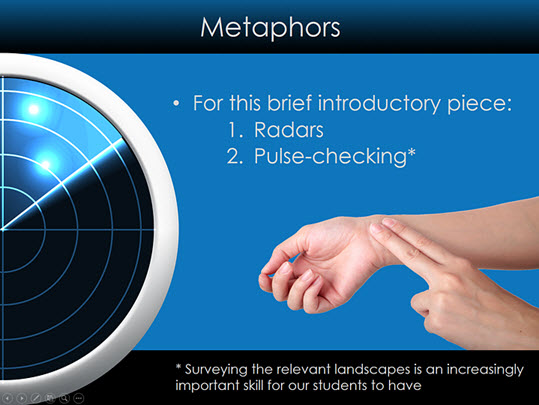
American Bar Assn. President criticizes U.S. legal system as backward, resistant to change — from forbes.com by Patricia Barnes
Excerpt (emphasis DSC):
Judy Perry Martinez, president of the American Bar Association (ABA), has issued an unusually frank plea calling upon the legal profession to support reform of America’s backward legal system to better serve the public.
“We need new ideas,” said Martinez. “We are one-fifth into the 21st century, yet we continue to rely on 20th-century processes, procedures and regulations. We need to retain 20th-century values but advance them using 21st-century approaches that can increase access to justice.”
Martinez’ comments are contained in a letter appearing in the February-March 2020 issue of the ABA’s monthly magazine, The ABA Journal.
Martinez expressed frustration with resistance in the legal profession to state-level efforts to innovate in the provision of legal services.
Martinez was particularly critical of the lack of access to civil justice in the United States. She cited the World Justice Project’s ranking of the U.S. in the bottom tier with respect to access to and affordability of civil justice. She said the U.S. is tied for 99th place out of 126 countries. Additionally, Martinez said research by the Legal Services Corp. found that low-income Americans received inadequate or no professional legal help for 86% of their civil legal problems, including child custody, debt collection, eviction and foreclosure. She did not spare the criminal justice system. In many states, Martinez says, “overwhelming caseloads and inadequate resources for public defenders severely hamper the Sixth Amendment right to counsel for indigent criminal defendants.
From DSC:
I congratulate Judy Perry Martinez for her stance here, as she’s ultimately fighting for our society — especially for access to justice. Though I don’t know Judy, I appreciate the courage that it must have taken to pen that letter.
How Blockchain’s ‘paradigm shift’ puts more pressure on legal’s tech evolution — from law.com by Rhys Dipshan
As part of the Legalweek 2020 Q&A series, Legaltech News speaks with blockchain researcher and entrepreneur Bettina Warburg on blockchain’s potential disruption in the legal space, what attorneys most misunderstand about the technology, and more.
Excerpt:
Artificial intelligence may still take up much of spotlight these days, but it’s far from the only technology that can fundamentally alter how the legal industry, and the broader economy, operates.
Blockchain technology, for instance, has wide-reaching consequences for record keeping, contracting, data governance and identity management. And beyond that, it may even change how the digital economy functions and work as underlying driver for integrated, autonomously running machines. What all this means for attorneys is that specialization, technical skills, and more technology knowledge will likely become even more important than it is today.
We are not just in the days of Bitcoin, where one user transfers bitcoin to another user’s account. Instead, blockchain should be understood as part of an evolution toward a third generation Web (called Web3) that provides us with virtual machines that are stateful.
Web3 will be the basis of our transition from a digital economy to a decentralized economy. The economic opportunities of the decentralized economy can include wholly new business models: everything from fractionalized ownership and rights to assets that are secured digitally, to new kinds of verifiable and unique assets (such as virtual world avatars), to the ability for machines to transact with one another autonomously. A stateful virtual machine essentially allows us to have a shared verified reality upon which to transact digitally.
While it may sound futuristic, it is also the most obvious use for a digital infrastructure that can verify the transaction of value.
How wary lawyers are embracing new tech — from lawgazette.co.uk by Sophia Purkis & Nadia Osborne
Excerpt (emphasis DSC):
There has been an eruption of innovation in legal technology – and the role of the lawyer is evolving in consequence. From law firms and corporate practices, to the operation of the court system and management of documentation, technology is changing what we do, how we do it and where we can do it from.
PwC’s annual law firm survey 2019 found that eight of the top 10 firms identified technology as the key change in growth in the next two to three years. In November 2019, the Law Society published a paper, Lawtech: a comparative analysis of legal technology in the UK and in other jurisdictions, recognising the need for domestic lawyers to stay informed and up to date to remain competitive.
Lawyers are instinctively risk-adverse but the successful ones recognise the inevitability of change and opportunities. The introduction of technology requires investment of finance, time and resource. However, the steady march of technology and client and staff demands mean we must embrace the use of legal technology. It is vital to enable legal professionals to collaborate flawlessly with colleagues and clients, and to keep up with other professions and businesses. We must, however, not forget to be mindful of each other and not lose the ability and opportunity to communicate with each other personally. Machines think in binary terms and sometimes things are not that simple.









